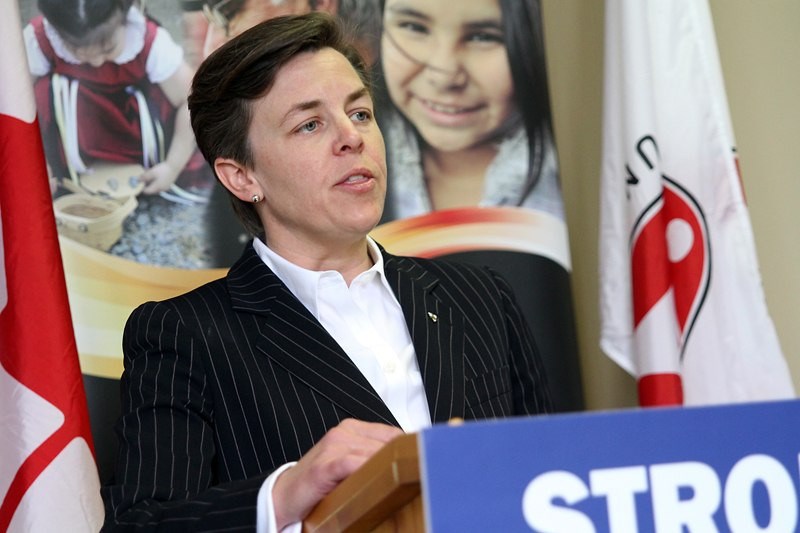Alvin Fiddler says economic independence for women in First Nations communities is a must.
Fiddler, Nishnawbe Aski Nation’s deputy grand chief, on Thursday said he hopes a $200,000 federal government investment will create a sustainable environment that allows women in several northern communities create their own businesses and begin to thrive.
“There are many family break-ups and there are a number of single women struggling to raise their families,” Fiddler said.
The money, which will be used to provide women with the necessary tools and know-how to start and operate a business, as well as to leverage help from other like-minded agencies.
“This gives them a foot in the door,” Fiddler added. “I think it’s an exciting opportunity that this project will bring.”
Women in several NAN communities will be targeted.
Fiddler said they chose about seven to start, looking at a cross-section of remote communities with ties to the Ring of Fire, and road access communities with the ability to reach marketplaces across the northwest and beyond.
“We wanted to make sure we had a big balance in communities that we want to work with,” he said.
The list of participant includes Marten Falls, Constance Lake, Sandy Lake, Attawapiskat, Chapleau Cree and Mishkeegogamang First Nations.
Unfortunately, Fiddler added, the problem affects every NAN community, but finding a solution has to start somewhere.
“It’s across the board. I think all of our communities are pretty much in the same situation economically. We need to do everything we can to help create an economic base in our communities and I think this project will help us get there,” Fiddler said.
While the opportunities aren’t endless, they are there and communities are being encouraged to seek them out.
“Small business is one, but I think there’s going to be other opportunities around resource development as things progress. We want to ensure that our communities are in position to benefit from those opportunities.”
Conservative Minister of Labour and the Status of Women Kellie Leitch said it’s money well spent.
“More than 100 women will benefit from this project, and that means they’ll have their own economic independence. They’ll be able to take care of their families and that only has excellent residual benefits for their communities and for their immediate families,” Leitch said.
